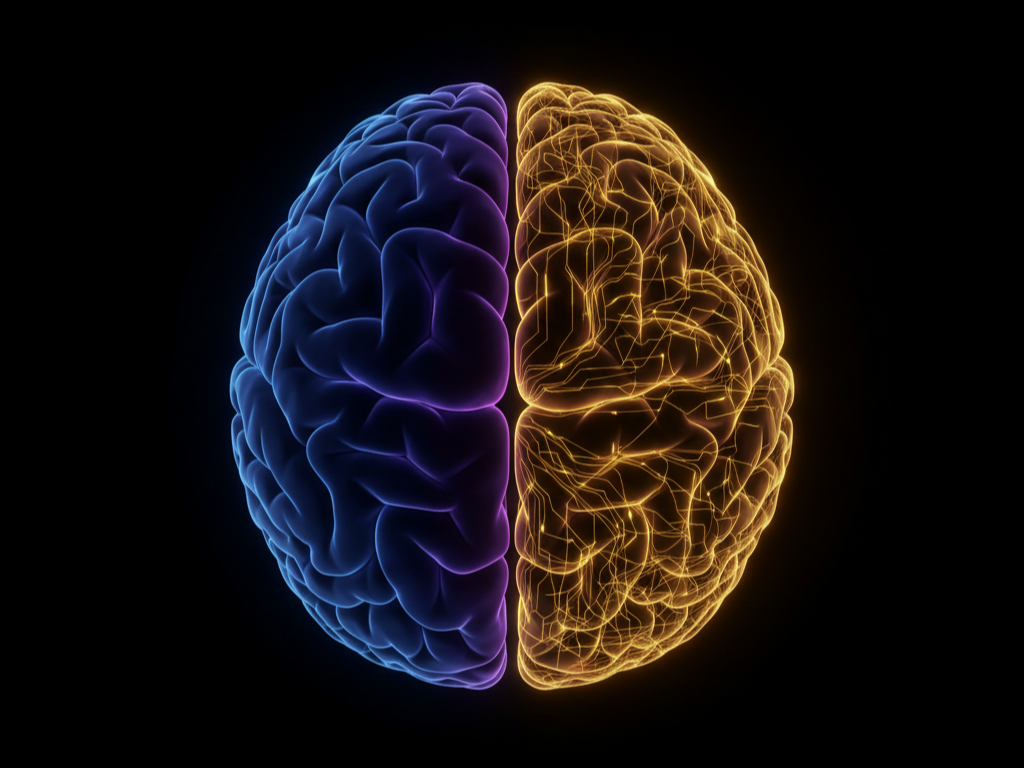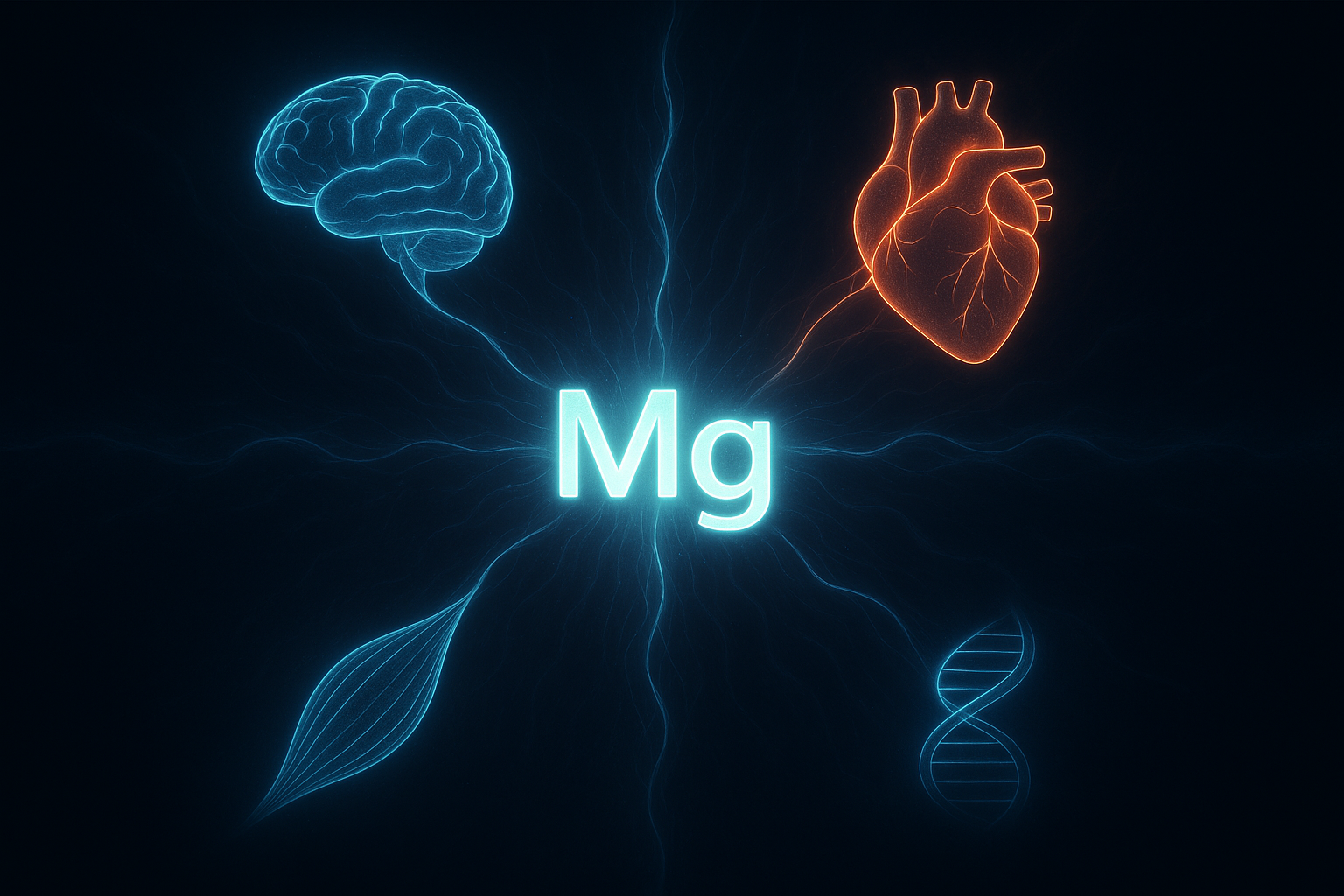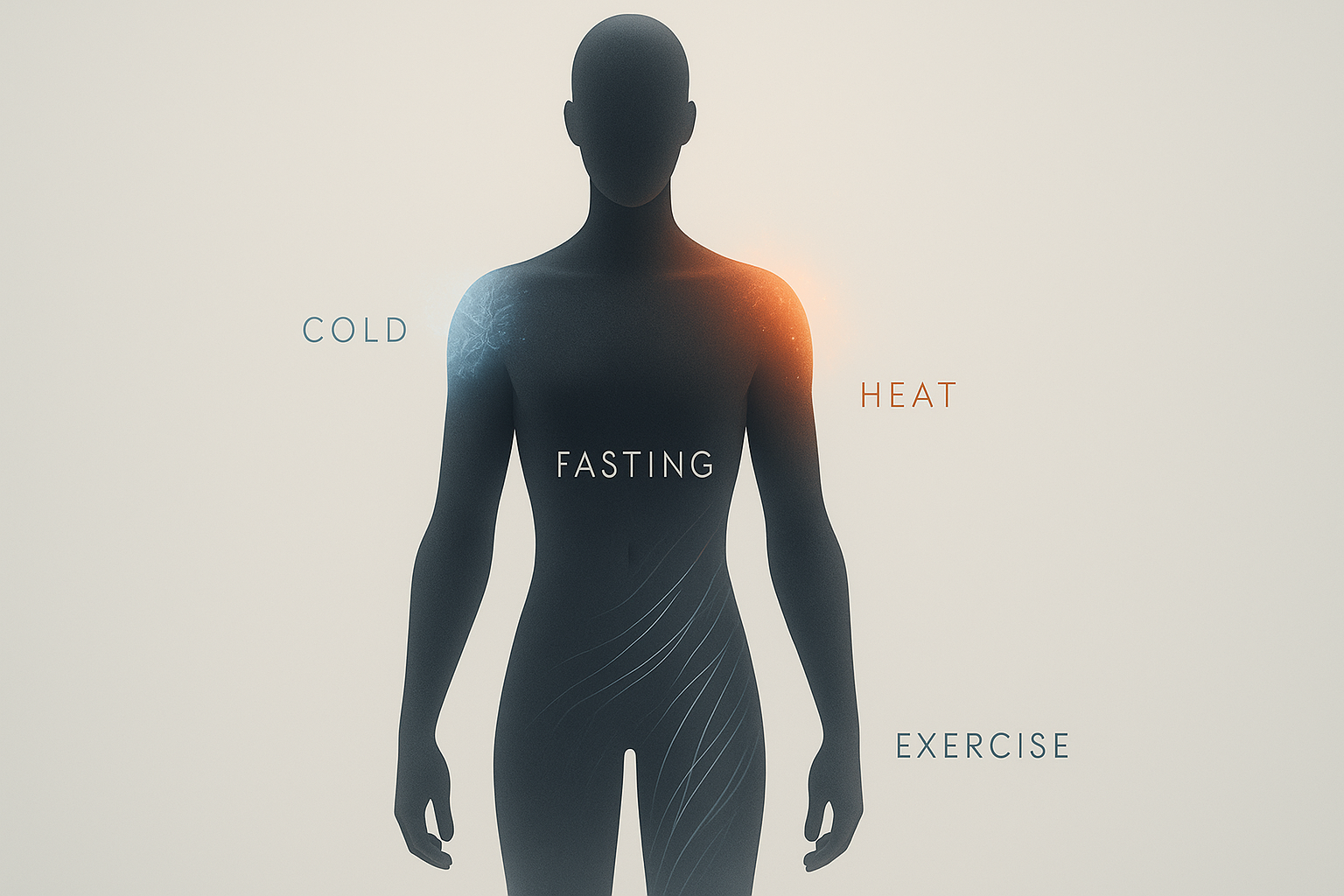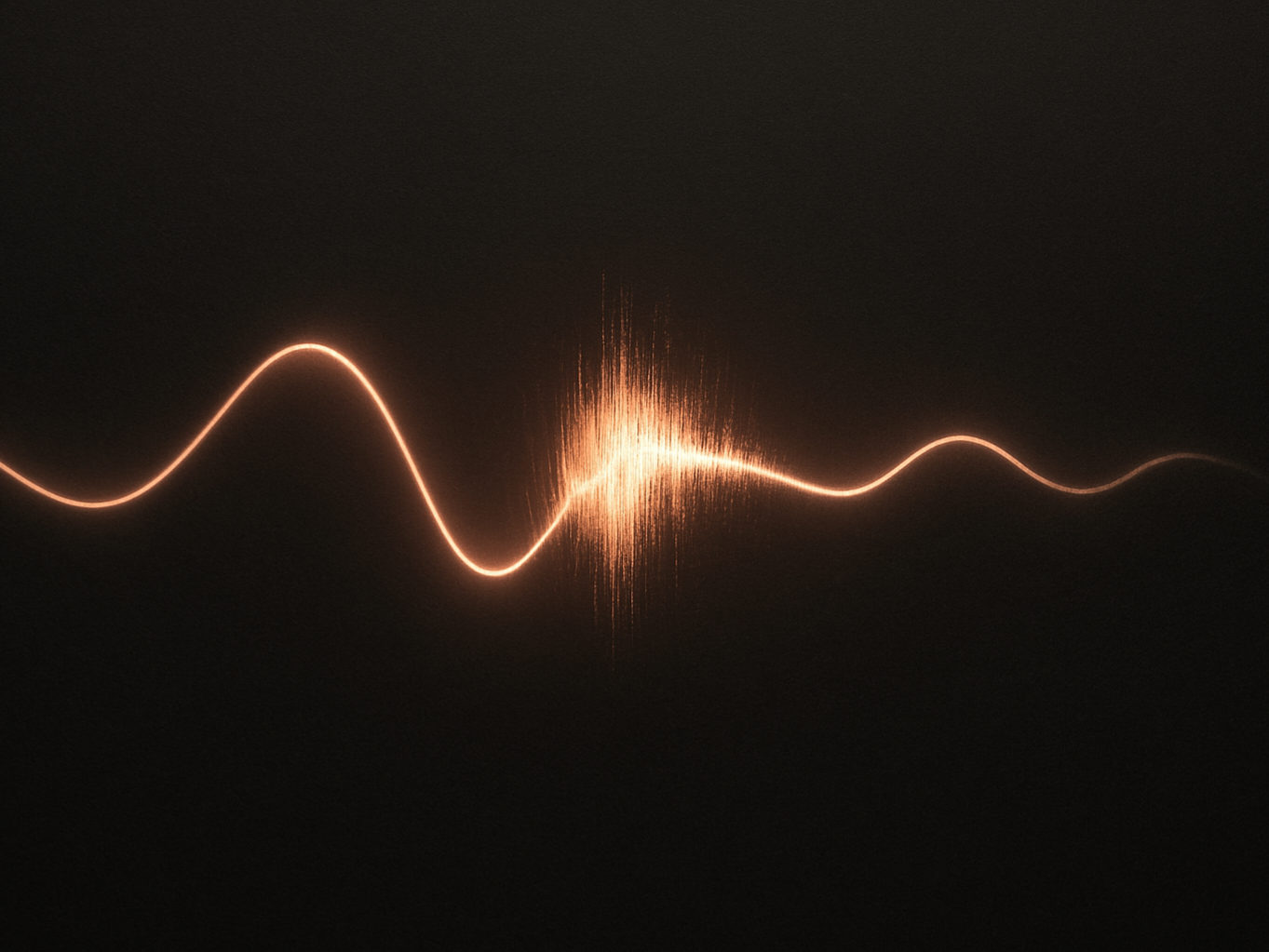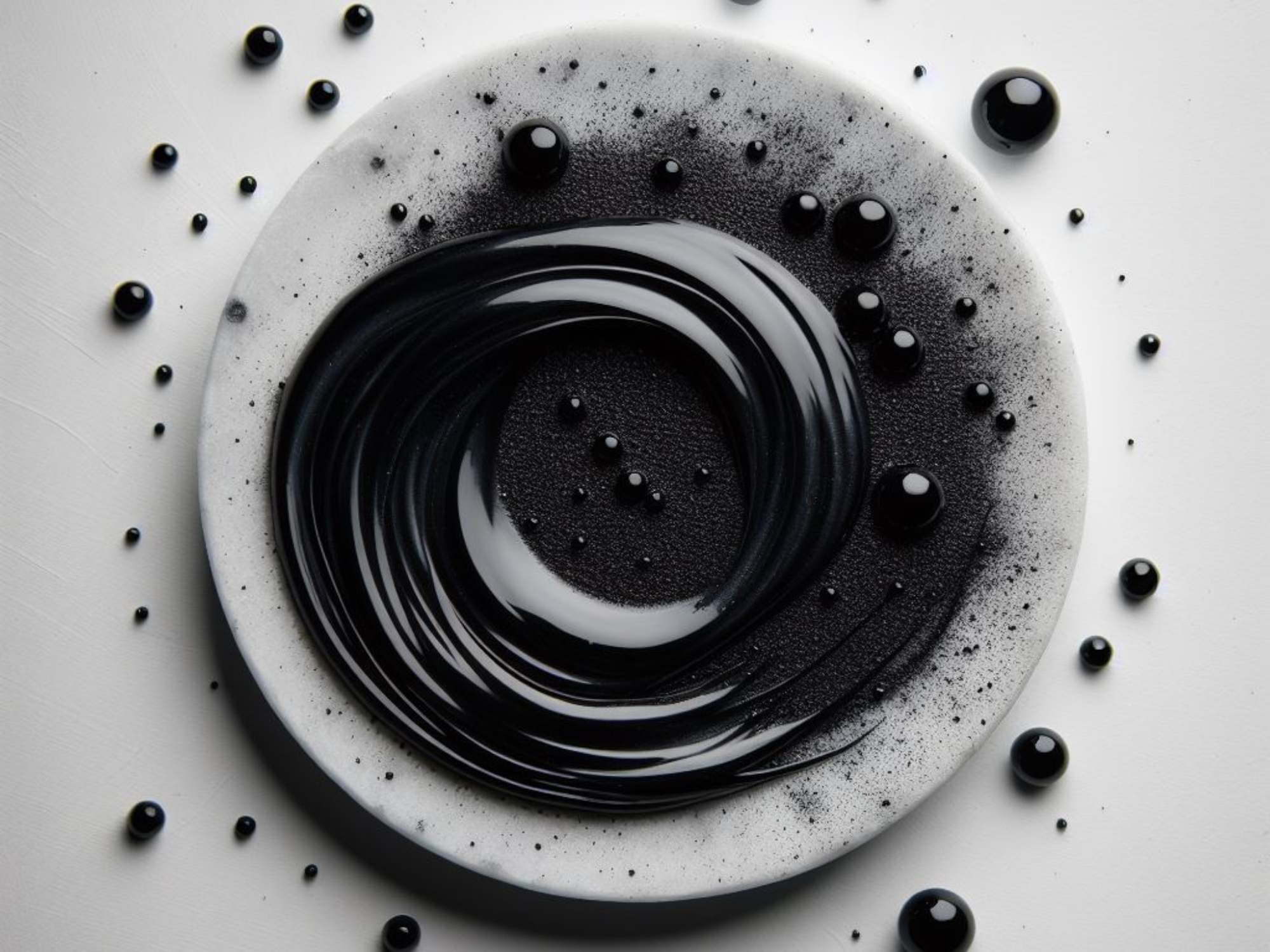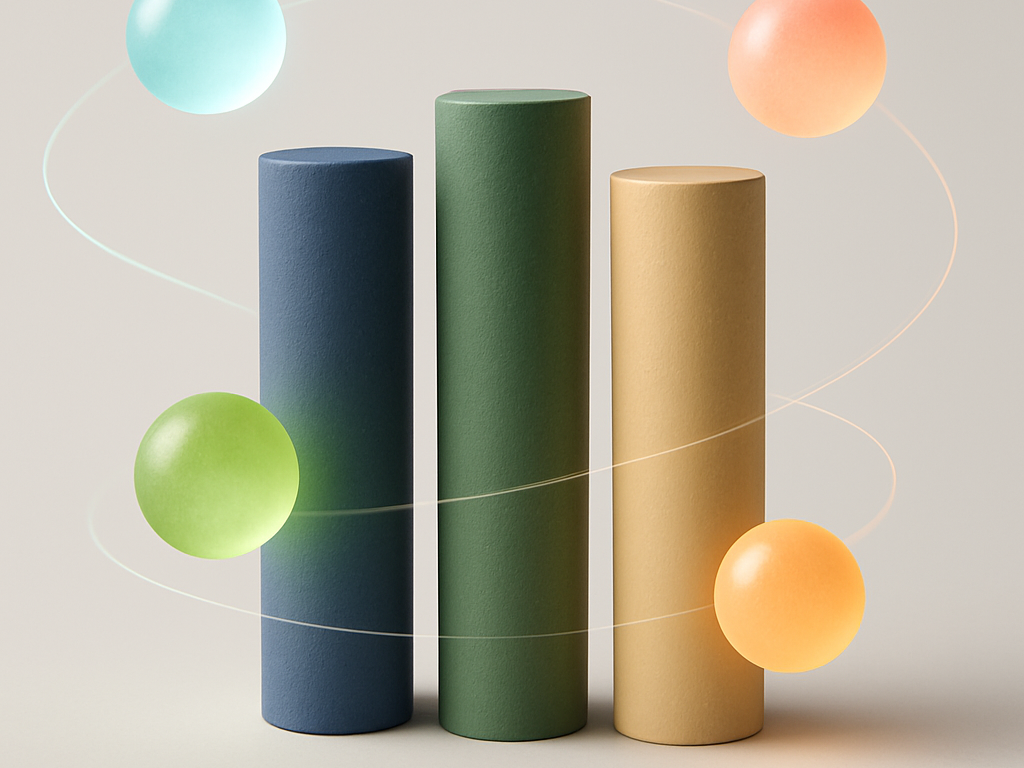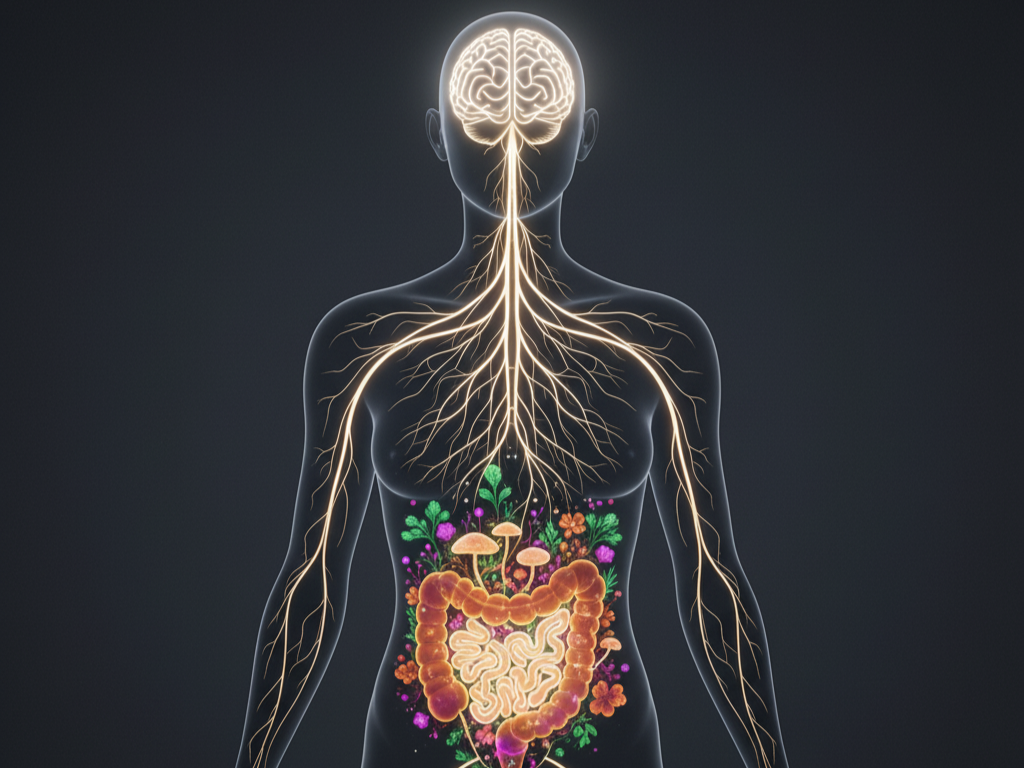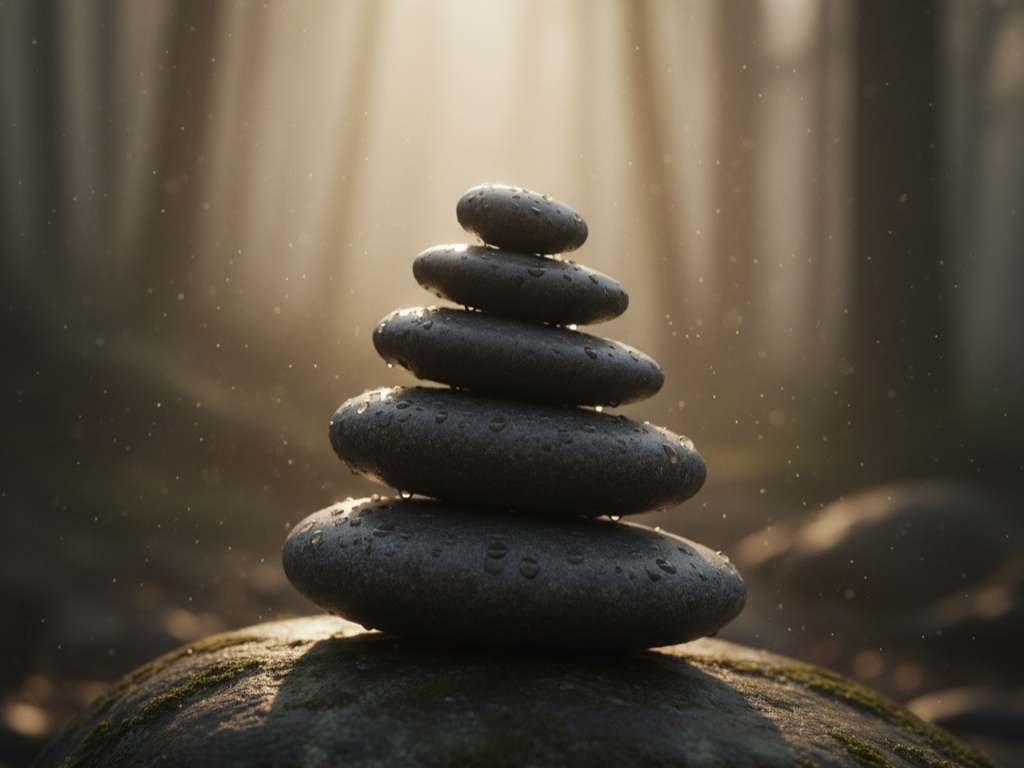Listen to the article as a podcast (beta)
KEY TAKEAWAYS
- Sleep is an Active Process, Not Passive Rest: While you sleep, your brain is hard at work. It acts like a highly efficient cleaning crew, clearing out metabolic waste (like amyloid beta, linked to Alzheimer's), consolidating memories from the day, and running essential maintenance on your body's hormonal and immune systems. Viewing sleep as a passive "off" switch is the biggest misconception preventing us from prioritizing it.
- Your Body Has a Master Clock (And Light is its Controller): Your energy and sleepiness levels are governed by a 24-hour internal clock called the circadian rhythm. The most powerful factor controlling this clock is light. Getting sunlight in the morning starts a countdown timer for sleepiness later in the day, while exposure to artificial blue light from screens at night actively tricks your brain into staying awake, suppressing the sleep-promoting hormone melatonin.
- Sleep Quality is a 24-Hour Job: Great sleep doesn't start when your head hits the pillow. It’s the result of a series of conscious choices made throughout the day. This article provides a clear, 8-point checklist covering everything from caffeine timing and evening routines to creating the optimal sleep environment.
In our "always-on" culture, sleep is often treated as a luxury or a necessary evil—the first thing to be sacrificed in the name of productivity. We wear our lack of sleep like a badge of honor. But what if we've been looking at it all wrong? What if sleep isn't the enemy of performance, but its most powerful enabler?
Scientific consensus, including recommendations from the CDC, suggests that adults need 7 to 9 hours of sleep per night. You might feel this takes too much time out of your day, but try to reframe it: your productive hours will be worth twice as much. When you are well-rested, you can achieve more in less time. Think long-term, too. Quality sleep is a cornerstone of longevity, meaning that by caring for your sleep hygiene now, you're investing in being healthy and productive for much longer in your life.
This article dives deep into the science of sleep. It's not just about getting more hours; it's about understanding the why behind restorative rest and implementing the how to transform your nights and, consequently, supercharge your days.
What Really Happens When You Sleep? The Brain’s Night Shift
The biggest myth about sleep is that your brain shuts off. In reality, it enters a highly structured and vital work phase. Throughout the night, you cycle through these stages multiple times, with each full cycle lasting about 90 minutes.
- Light Sleep (Stages 1 & 2): This is the gateway to sleep, typically making up about 50-60% of your total sleep time. In these stages, your body relaxes, your brainwaves slow, and you prepare for the deeper, more restorative phases.
- Deep Sleep (Stage 3): This is the most physically restorative stage, accounting for about 15-25% of total sleep, primarily in the first half of the night. Your brain produces slow delta waves as your body repairs tissues, your immune system strengthens, and the glymphatic system—your brain's "janitorial staff"—clears out toxic metabolic byproducts.
- REM (Rapid Eye Movement) Sleep: Making up 20-25% of your sleep, this is where memory and emotional processing occur. Your brain is highly active, consolidating memories and processing emotions. Most dreaming happens here. A crucial point about REM sleep leads to our next topic: the snooze button.
The Dangers of the Snooze Button
You must avoid the snooze button at all costs. When your alarm wakes you and you hit snooze, your brain can fall back into a new sleep cycle. If the alarm goes off again just a few minutes later and yanks you out of a deeper stage (like REM), it causes a phenomenon called sleep inertia. This can leave you feeling groggy and cognitively impaired for up to four hours. If you maintain good sleep hygiene, you'll find you don't even need the snooze button; you'll wake up feeling refreshed and alert.
The Life-Changing Benefits of Prioritizing Sleep

Understanding the mechanics of sleep is one thing, but the real motivation comes from knowing what's at stake. Quality sleep isn't a passive activity; it's a powerful lever for upgrading almost every aspect of your life.
- Enhanced Cognitive Function: While you sleep, your brain is busy processing and storing memories from the day. This process, known as memory consolidation, is crucial for learning and skill acquisition. A well-rested brain is also more creative and better at problem-solving.
- Improved Emotional Regulation: Lack of sleep makes our emotional centers, like the amygdala, more reactive. This is why we often feel more irritable, anxious, or moody when we're tired. Quality sleep helps maintain the connection between the amygdala and the prefrontal cortex, the part of your brain responsible for rational decision-making, allowing you to respond to stress with more calm and clarity.
- A Stronger Immune System: During deep sleep, your body releases proteins called cytokines, some of which help promote sleep and fight infection and inflammation. Consistent, quality sleep is one of the most effective ways to keep your immune system in top fighting condition.
- Balanced Hormones: Sleep plays a vital role in regulating numerous hormones, including cortisol (stress) and ghrelin/leptin (hunger and satiety). Poor sleep can lead to elevated cortisol levels and disrupt hunger signals, often causing cravings for high-calorie, low-nutrient foods.
- Better Physical Performance: For anyone who is physically active, deep sleep is non-negotiable. It's when your body repairs muscles, regenerates cells, and releases growth hormone, all of which are essential for recovery and athletic improvement.
- Supporting Longevity: At its core, sleep is a process of cellular repair. Chronic sleep deprivation is a significant risk factor for many age-related diseases, including cardiovascular disease and dementia. Research also indicates that quality sleep helps preserve the length of our telomeres—the protective caps on our DNA that serve as a biomarker for cellular aging. Investing in sleep is a direct investment in a longer, healthier lifespan.
Meet Your Master Clock: The Circadian Rhythm

Your desire to sleep and wake is not random; it’s controlled by a master 24-hour clock in your brain known as the circadian rhythm. Think of it as your body's internal operating system. And the most powerful button on its control panel is light.
- Morning Light is Your "Start" Button: Exposing your eyes to natural sunlight within the first hour of waking is the most effective way to set your internal clock. This light exposure triggers a healthy release of cortisol (the "awake" hormone) and starts a timer that will lead to the release of melatonin (the "sleep" hormone) about 14-16 hours later.
- Evening Light is Your "Delay" Button: Conversely, viewing bright light—especially the blue light emitted from phones, tablets, and TVs—in the two hours before bed is disastrous for sleep. This light signals to your brain that it's still daytime, effectively suppressing melatonin production and making it significantly harder to fall asleep.
The Sleep Hygiene Checklist: 8 Non-Negotiable Rules for Better Rest
Knowing the science is one thing, but applying it is another. Here is a clear, actionable checklist of rules to follow for a truly restorative night's sleep.

Time Your Caffeine Intake
Caffeine has a half-life of 5-7 hours. This means a coffee consumed at 3 PM can leave half of its stimulating effects in your system as late as 10 PM. To protect your sleep quality, make it a strict rule to consume caffeinated beverages only before 2 PM.
Limit Alcohol, Especially in the Evening
While alcohol may make you feel drowsy initially, this effect is deceptive. As your body metabolizes it, it severely disrupts the second half of your sleep cycle, particularly the restorative REM stage. This often leads to awakenings and prevents deep rest. Ideally, it's best to eliminate alcohol altogether—but that's a topic for another article.
Avoid Naps After 3 PM
Late-afternoon naps can decrease the natural "sleep pressure" that builds throughout the day, making it harder to fall asleep at night. If you need to nap, keep it short (20-30 minutes) and before 3 PM.
Embrace the Power of a Consistent Routine
Your body thrives on habit. Determine your chronotype (are you a morning person or a night owl?) and establish a consistent bedtime and wake-up time, even on weekends. This regularity reinforces your body's natural sleep-wake cycle.
Create a "Power-Down Hour" for Relaxation
Dedicate the last hour before bed to relaxing, screen-free activities. Read a physical book, take a warm bath, or listen to calm music. If you feel anxious, try journaling or creating a to-do list for the next day. This "brain dump" can create a sense of control and calm your mind.
Eliminate or Modify Evening Screen Use
Ideally, turn off all screens an hour before bed. The blue light suppresses the sleep hormone melatonin. If you absolutely must use your phone—perhaps scrolling is how you relax—use "harm reduction": switch to night mode, lower the brightness to minimum, and use the warmest color setting to limit blue light. It's not a perfect solution, but it's far better than full brightness with a lot of blue light.
Make Your Bed a Sanctuary for Sleep
To build a strong psychological association, your brain needs to equate your bed with sleep and intimacy only. Avoid working, eating, or watching movies in bed. This tells your brain that when you get under the covers, it's time to wind down.
Optimize Your Bedroom: Cool, Dark, and Quiet
Create the ideal sleep environment. For those who wake up when it's still dark (e.g., in winter), there's a pro-tip: use smart lighting. These affordable devices can be programmed to gradually brighten your room before your alarm, simulating a natural sunrise. This gentle exposure to light can make waking up feel much easier and more natural.
How much sleep do I really need?
While it varies slightly, the vast majority of adults consistently require 7-9 hours of sleep per night to function optimally. The idea that some people can thrive on 5 hours or less is largely a myth for over 99% of the population.
Is it bad to hit the snooze button?
Yes, it's one of the worst things you can do for your morning alertness. Hitting snooze can cause your brain to fall back into a sleep cycle, and waking up from it abruptly leads to severe grogginess (sleep inertia) that can last for hours.
What if I follow all these rules and still can't sleep?
If you've been lying in bed awake for more than 20-25 minutes, it's best to get up. Go to another dimly lit room and do a relaxing activity, like reading, until you feel sleepy again. This prevents your brain from associating your bed with the stress of being awake. If sleep issues persist, it's always a good idea to consult with a healthcare professional.
